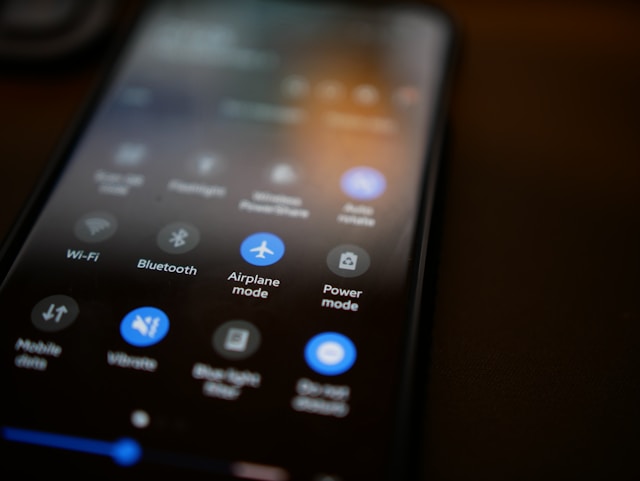1. Plan Your Day the Night Before

Photo by Glenn Carstens-Peters on Unsplash
Spend a few minutes each evening planning the next day. Write down your tasks, prioritize them, and set a schedule. This simple habit helps you start the day with a clear focus.
2. Use a To-Do List
Keep a to-do list to track your tasks and responsibilities. Break larger tasks into smaller, manageable steps, and check them off as you complete them. This visual progress can boost your motivation.
3. Prioritize Tasks
Identify your most important tasks (MITs) and tackle them first. Prioritizing ensures that you focus on what matters most and makes the biggest impact on your day.
4. Set Specific Goals
Set clear, specific goals for what you want to achieve each day. Instead of a vague goal like “work on project,” aim for “complete the first draft of the project.”
5. Minimize Distractions

Photo by Sten Ritterfeld on Unsplash
Identify and minimize potential distractions in your workspace. Turn off notifications, close unnecessary tabs, and create a quiet environment to maintain focus.
6. Use Time Blocks
Divide your day into blocks of time dedicated to specific tasks. For example, allocate 9-11 AM for writing reports and 2-3 PM for meetings. Time blocking helps you manage your time effectively and stay on track.
7. Take Regular Breaks
Incorporate short breaks into your schedule to rest and recharge. Techniques like the Pomodoro Technique, which involves working for 25 minutes and then taking a 5-minute break, can improve productivity.
8. Start with a Morning Routine

Photo by Clay Banks on Unsplash
Establish a morning routine that sets a positive tone for the day. Activities like exercise, meditation, or reading can help you start your day energized and focused.
9. Limit Multitasking
Focus on one task at a time instead of trying to juggle multiple tasks. Multitasking can reduce efficiency and increase errors. Single-tasking helps you complete tasks more effectively.
10. Delegate When Possible
Delegate tasks that others can handle to free up your time for more important responsibilities. Trusting others with tasks can boost team productivity and allow you to focus on high-priority work.
11. Use Productivity Tools
Leverage productivity tools and apps to manage your tasks, schedule, and projects. Tools like Trello, Asana, or Todoist can help you stay organized and efficient.
12. Practice the Two-Minute Rule
If a task can be completed in two minutes or less, do it immediately. This rule helps you tackle small tasks quickly and prevents them from piling up.
13. Set Deadlines
Set realistic deadlines for your tasks and stick to them. Deadlines create a sense of urgency and help you manage your time effectively.
14. Optimize Your Workspace

Photo by Andrew Neel on Unsplash
Create a clutter-free and organized workspace that promotes focus and efficiency. A clean environment can reduce stress and enhance productivity.
15. Reflect and Adjust
At the end of each day, reflect on what you accomplished and what you could improve. Adjust your strategies and plans as needed to enhance your productivity continually.
16. Practice Self-Care

Photo by Brooke Lark on Unsplash
Take care of your physical and mental well-being. Get enough sleep, eat healthily, and incorporate activities that help you relax and recharge. A healthy body and mind are essential for sustained productivity.
